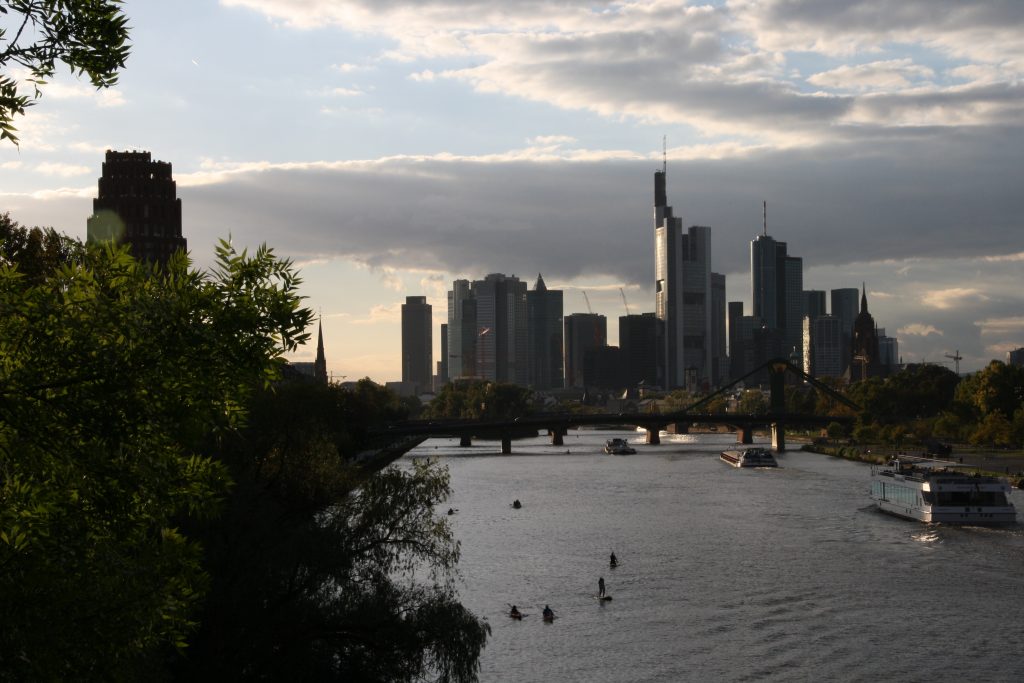In brief
Roughly one year after the federal election in September 2021, the German government’s plans to legalize cannabis for recreational use have further taken shape. German Minister of Health Karl Lauterbach (SPD) has introduced a document on the key points of the planned legislative changes on Wednesday, 26 October 2022. According to this document, cultivation, distribution and taxation — as well as advertisement for recreational use — of cannabis will be specifically regulated.
In detail
Based on the information given in the introduced document, the German Ministry of Health has elaborated the following key points of the upcoming legalization of cannabis for recreational use:
1. Distribution/Sale/Consumption.
- The sale of synthetically produced cannabinoids remains prohibited in Germany.
- Only cannabis cultivated in Germany may be sold for recreational use, as importation of cannabis for recreational use might infringe EU law and international framework agreements.
- Cannabis may only be distributed through licensed shops and potentially through pharmacies as well, with online distribution also being considered as an option to strengthen the suppression of the so-called black market.
- Cannabis for recreational use may only be sold to and consumed by those 18 years or older. The maximum purchase amount is 20-30 grams of cannabis.
- The general maximum THC level of cannabis for recreational purposes is 15%. Customers between the ages of 18 and 21, however, may only purchase cannabis products with a THC level of not more than 10%.
2. Advertising/Labelling
- Any kind of advertisement for cannabis for recreational use will be forbidden altogether.
- As a consequence, cannabis for recreational use has to be sold in neutral packages without advertising design.
- The following information must be declared on the outer packaging: manufacturer/grower, country of origin, weight, harvest date, variety, expiry date, THC and CBD level and general warnings with more specific warnings and precautions in the package leaflet.
3. Taxes
- Sales of cannabis products will automatically be subject to general sales tax.
- In addition, a new “cannabis tax” is planned, which could be calculated on the basis of the respective product’s specific THC level.
- As the legalization of cannabis for recreational use aims to weaken the so-called black market, tax rates would need to be set in a way that would not lead to a retail price substantially higher than the black market price.
Resulting challenges
While so far no draft bill, let alone a legally binding law, has been published, the backlash for the government’s plans is already strong. In particular, two specific points are at the center of discussion:
- On the one hand, it is unclear whether a legalization of cannabis for recreational purposes is compliant with EU and international law. According to a member of the CSU (Christlich-Soziale Union), the legalization project requires the approval of the EU and other European member states because of the Schengen Agreement and other treaties. Otherwise, according to the CSU member, the German cannabis legalization could “dissolve into thin air” before the European Court of Justice.
- Also, given the apparent focus on cannabis cultivated in Germany, further legislative and organizational challenges await the German government. The already cited CSU member believes that if cannabis with limited THC levels has to be cultivated exclusively in Germany, the price will be significantly higher than the black market price given the difficult climatic conditions in Germany for cultivation, high energy prices, high tax rates and expected profit margins of the pharmacies. In addition, the current limits on cultivation of cannabis in Germany (only for medical purposes, only three companies have been granted respective licenses, the total amount of cannabis to be cultivated is limited to 10,400 kilos over four years) will need to be redefined to meet the expected demand.
In conclusion, the planned legalization of cannabis for recreational use already causes a lot of controversy in Germany even if there is no concrete draft bill yet. For now, it is advisable to closely monitor further developments and observe the government’s next steps: For the end of the year 2022, German Minister of Health has announced his intention to file a draft bill for the legalization of cannabis for recreational use by the end of 2022.



